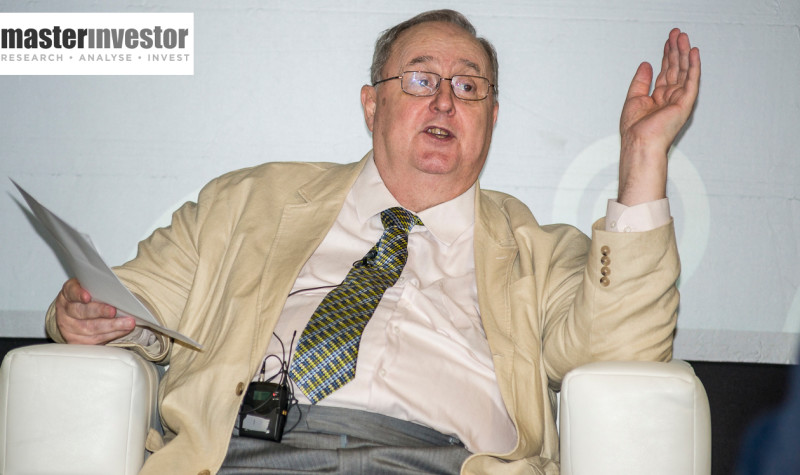Evil Knievil: Hounding the Hound of Hounslow

This last weekend’s edition of The Spectator of 23rd May (page 40) reviews a book covering events in the life of Navinder Sarao, who is clearly very clever if not normal. He lived in Hounslow. He, it is claimed (but I very much doubt it), caused the Flash Crash of May 2010. Here Navinder made offers well below the seeming market middle price which caused those making that middle price to withdraw their offers and hit the bid. Navinder had devised a programme which meant that his offers were always cancelled a split second before they could be taken advantage of. But those bids kept on being hit as panic broke out. This knocked the S&P 500 by five per cent which in turn knocked the Dow down.
For this to happen, the market’s traders had to be rather nervy and jumpy, relying upon others’ attitudes (as the nervy ones saw it) to base their judgements. I suppose Navinder offered the equivalent of saying BOO. Those allegedly affected complained to the US authorities, who brought criminal charges. And since these charges, if proven, were contrary to UK law as well, extradition proceedings succeeded. Navinder spent a little time in jail in the US and was ordered by the judge never to trade capital markets again. (Whether he was free to advise others is not disclosed in the article.)
I now show below from S90 of the Financial Services 2012 Act, which did not apply to Navinder but which is based on earlier legislation which did. Here is the wording from S90: Misleading impressions:
Misleading impressions
(1) A person (“P”) who does any act or engages in any course of conduct which creates a false or misleading impression as to the market in or the price or value of any relevant investments commits an offence if—
(a) P intends to create the impression, and
(b) the case falls within subsection (2) or (3) (or both).
(2) The case falls within this subsection if P intends, by creating the impression, to induce another person to acquire, dispose of, subscribe for or underwrite the investments or to refrain from doing so or to exercise or refrain from exercising any rights conferred by the investments.
(3) The case falls within this subsection if—
(a) P knows that the impression is false or misleading or is reckless as to whether it is, and
(b) P intends by creating the impression to produce any of the results in subsection (4) or is aware that creating the impression is likely to produce any of the results in that subsection.
(4) Those results are—
(a) the making of a gain for P or another, or
(b) the causing of loss to another person or the exposing of another person to the risk of loss.
This is a lawyer’s paradise invented by lawyers for lawyers. And Navinder got thereby caught. He only got caught since others in the market were sufficiently wet behind the ears not to think for themselves. Lawyers simply encourage such feeble behaviour and no doubt congratulate themselves on banking further fees.
Me? I reckon that Navinder was grossly mistreated and had the misfortune of attracting the revenge of incompetents who were, and no doubt remain, besotted by the religion that has been served up to them by regulators.
Clearly the law states the market must never drop, nor must it offer fair value. The market must be >15% above a realistic valuation, there will be no circuit brekaers for the events known as ‘melt ups’. It is vital for the bullshit growth of bogus economies to perpetuate the myth. Honesty is bad for markets and the greedy elite. Remember, nobody gives a scrap about debt- it’s their grandchildren’s problem
Well said.